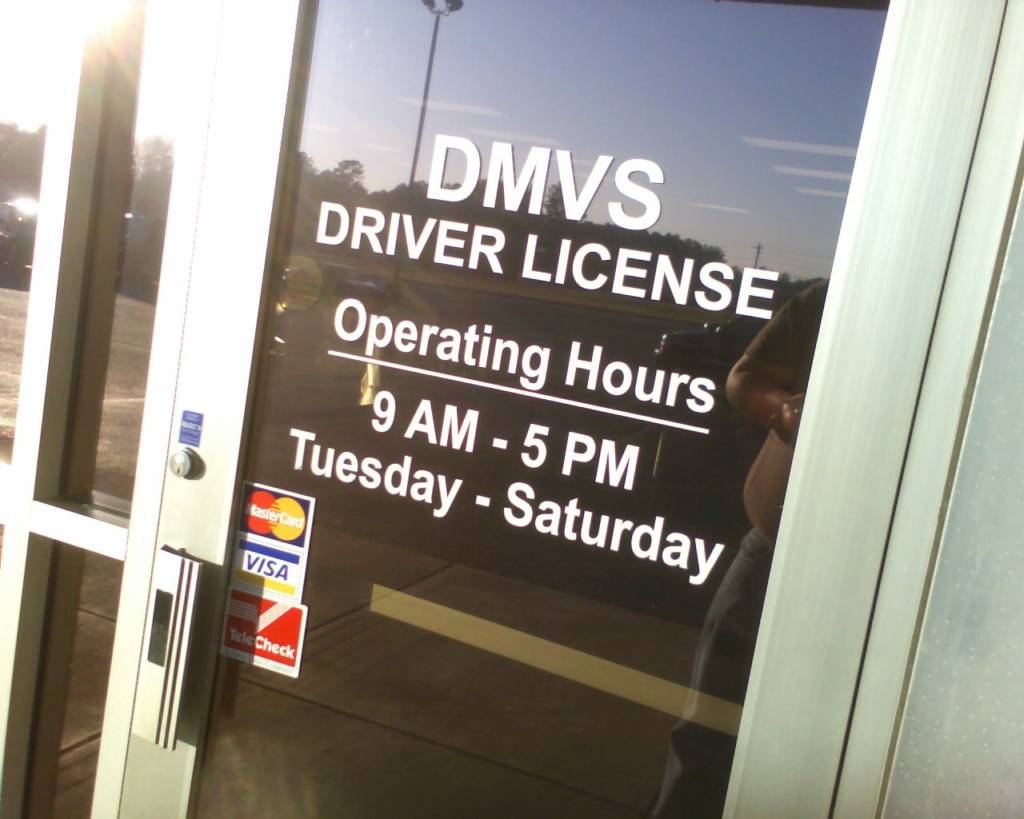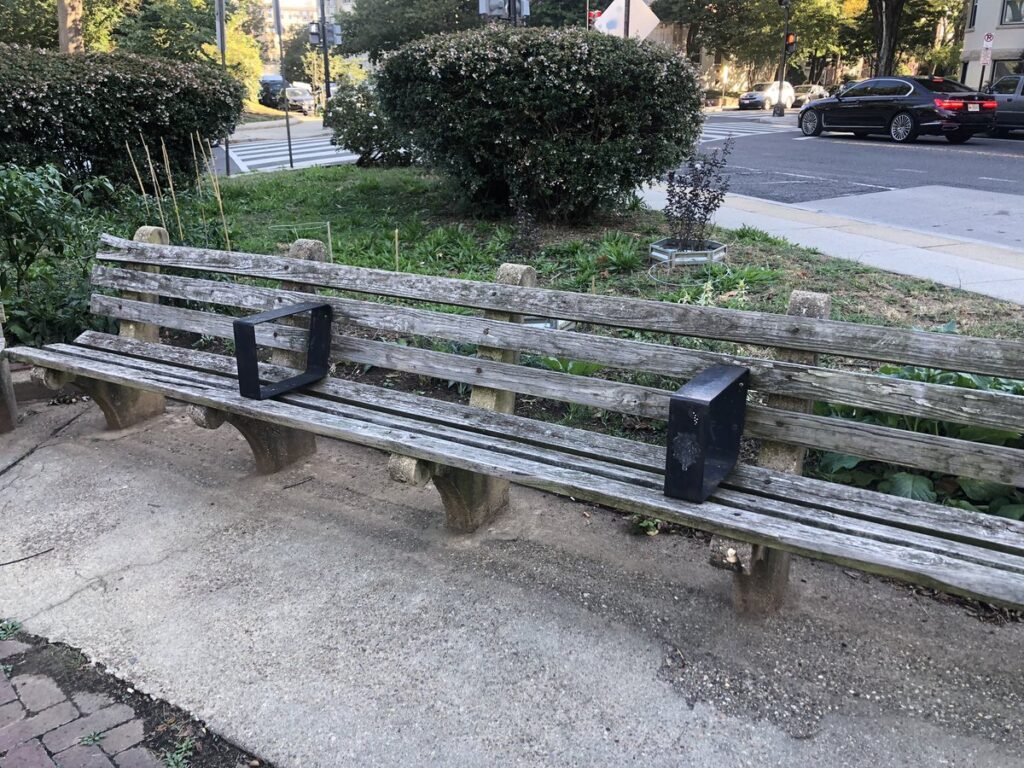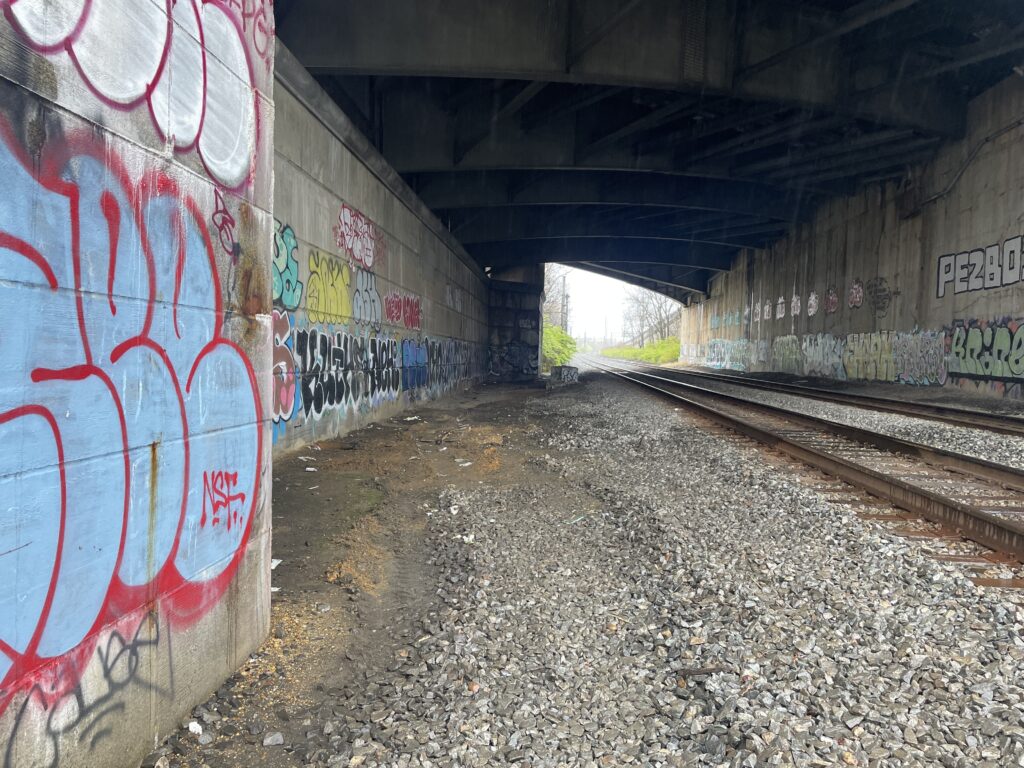Gary Vinson has been locked out of his bank account for over a month. Vinson, who has experienced homelessness “off and on” from 2008 to 2011 and consistently since then, depends on his monthly Social Security checks to cover his expenses. Shortly after receiving his March benefits, Vinson lost his driver’s license. Without an ID, he is unable to withdraw from his bank account, leaving him struggling to pay for his basic needs. He gets his meals at two local shelters—which he is very grateful for—but still needs money from his account to pay for his laundry and phone bill. The Father McKenna Center, an outreach facility for men and families, has been working closely with Vinson to help him acquire an ID and access his much-needed benefits.
When you don’t have an ID and you’re homeless, there’s a lot of things you can’t do,” Vinson said. “Without that ID you’re really, really stuck.”
A major reason why acquiring a valid ID can be such an issue for people experiencing homelessness is because guidelines for District identification documents require those who want to acquire or renew an ID to present proof of identity, proof of social security, and proof of residency. Not surprisingly, collecting all of this documentation can be very difficult for someone without stable housing.
In order to offset some of these difficulties, several D.C. organizations such as the Department of Human Services (DHS) and the Department of Motor Vehicles (DMV) are trying to implement change to the way contact and mailing addresses are listed on the proof of residency forms. Specifically, the DMV allows “Certified Providers” to be listed as valid residential addresses on a DMV ID application form. Instead of providing the DMV with a document like a utility bill, a client can fill out a “Proof of Residency” form with a service provider. This proves an individual’s D.C. residency and allows them to obtain an ID even though they may not have consistent housing. There are currently 34 providers on this list.
Like the Father McKenna Center, Bread for the City assists those who want to acquire a new ID, although Bread is not one of the DMV’s Certified Providers.
“It’s important to understand that it’s really difficult to obtain an ID,” said Kathleen Stephan, resource manager at Bread. A long list of required “proofs”— proof of identity, proof of social security and proof of residency—can create a complicated and prohibitive maze for someone unfamiliar with the system to navigate. “Someone experiencing homelessness or someone with low-income might not have the things you need. It involves many, many steps.”
David Grosso, D.C. Councilmember at-large and chair of the Committee on Education, has been monitoring the ID situation closely. “I have been working with community members and government agencies over the past year to address problems related to identification documents,” he said in an e-mail. “Having proper identification is a critical issue in this day and age, and for our most marginalized residents it is too often a problem to get these documents.”
Gary Vinson can attest to this. Although he is now on his way to acquiring an I.D, he has overcome many barriers, including the isolation that he feels from society. “When you’re homeless, you’re desolate, you’re by yourself,” Vinson said. “[The government] can do a lot of damage. There’s no one around to say, ‘you didn’t do this, you didn’t do that.”
After Councilmember Grosso got a better understanding of the challenges that many District residents face in the process of acquiring an ID, he wrote to the Department of Motor Vehicles (DMV) and the Department of Human Services (DHS), asking them to address the gaps he saw in the system. The letter was published in October 2015. It pointed out several lingering flaws in ID policy at that time, including how difficult it was to access a list of Certified Providers as well as the list’s limitations in how many people it could provide for.
Laura Zeilinger, Director of the Department of Human Services, replied to Grosso’s requests in December and assured him that all of his requests had either been resolved or were well on the way.
Grosso saw two sides of the reply from Zeilinger. “The responses from the agencies were promising, but showed that more work remained to be done, including the news that DMV and DHS were working to revamp the Social Services Residency form,” the councilmember said. As a result of his requests, the list of organizations offering the form was publicized, as well as the process that a provider could take to join that list.
At the April Interagency Council on Homelessness meeting, DHS and the DMV presented the updated Certified Providers form and process. The new form includes an option for service providers to verify an individual’s homeless status while still allowing them to receive mail at the address of a friend or family member. Dora Taylor, Public Information Officer at DHS, confirmed that DHS and the DMV will continue working together to combat some of the multi-dimensional problems that people experiencing homelessness often face.
The change revealed at the ICH meeting is a direct affirmation to one of Grosso’s written requests. The councilmember sees this as a step in the right direction.
“There are a few concerns that remain logistically regarding the implementation of the new policy,” he said. “However, it is a testament to the importance of having our agencies work together and not be stuck in silos.”
Opening up clearer pathways to acquiring identification documents would help people like Gary Vinson, who can be locked out of accounts and left without benefits when an ID card is lost or stolen.
Councilmember Grosso stated his dedication to policy reform. “I will continue to monitor the implementation of the new policy and keep advocating for further reforms—such as having DMV expand the list of acceptable proofs of residence or identity for receiving a REAL ID-compliant identity card or license,” Grosso said.
Kathleen Stephan encourages those who are currently struggling with the system to offer feedback to the Department of Human Services. “If it’s not working for you, explain why,” she said.
The Department of Human Services’ Homeless Services Program Office can be reached by calling 1 (800) 535-7252.








